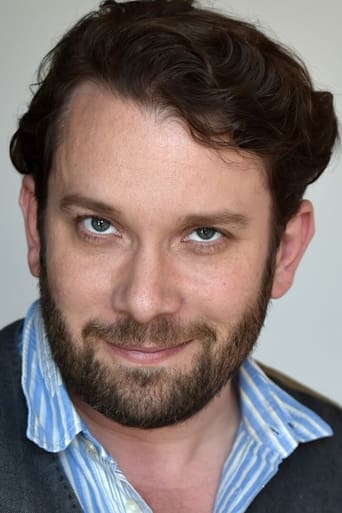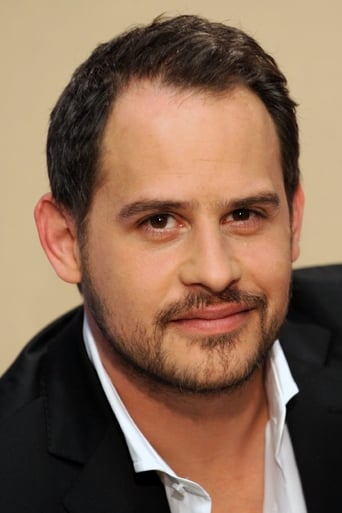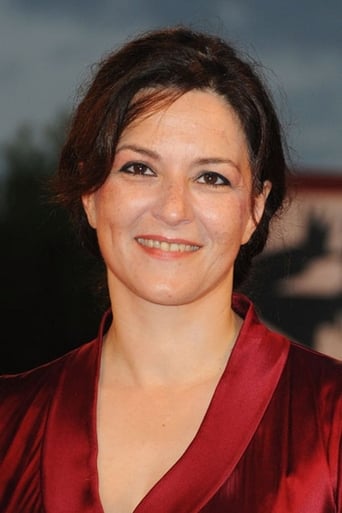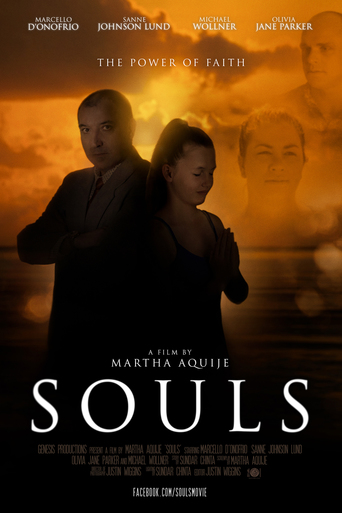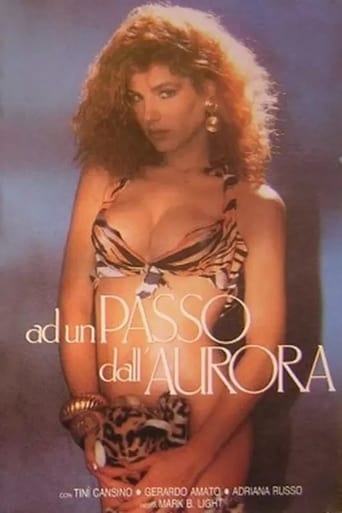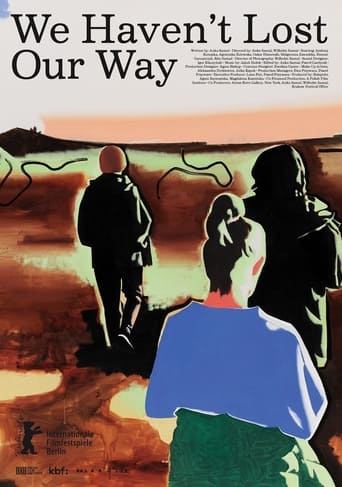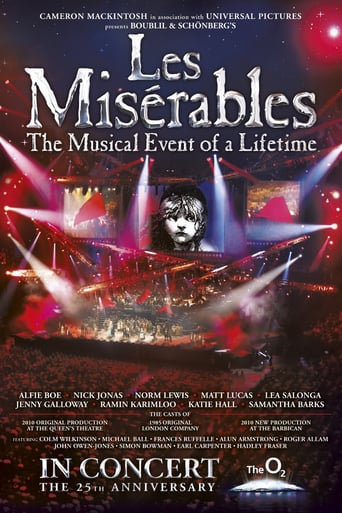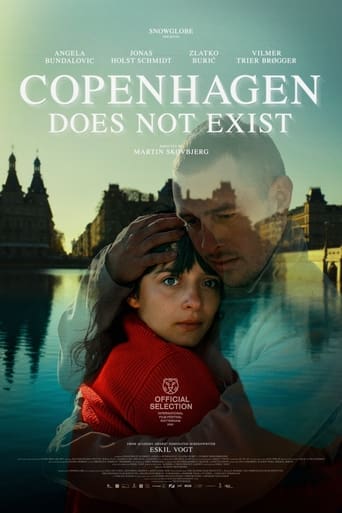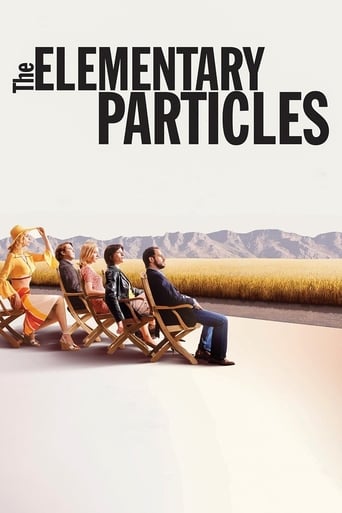

The Elementary Particles (2006)
Based on Michel Houellebecq's controversial novel, Atomised (aka The Elementary Particles) focuses on Michael and Bruno, two very different half-brothers and their disturbed sexuality. After a chaotic childhood with a hippie mother only caring for her affairs, Michael, a molecular biologist, is more interested in genes than women, while Bruno is obsessed with his sexual desires, but mostly finds his satisfaction with prostitutes. But Bruno's life changes when he gets to know the experienced Christiane. In the meantime, Michael meets Annabelle, the love of his youth, again.
Watch Trailer
Cast
Similar titles
Reviews
I love this movie so much
One of my all time favorites.
How sad is this?
if their story seems completely bonkers, almost like a feverish work of fiction, you ain't heard nothing yet.
This raw, disturbing, yet poignant and captivating film caught me by surprise and kept me hooked right through to the bitter-sweet end. Set fifty years in the future, but mostly told through vignettes of the past, one could easily be forgiven for failing to see that it is, in part, a work of science fiction. The Elementary Particles (also known as Atomised) is the film adaption of a novel by French author Michel Houellebecq. The storyline revolves around the bleak, day to day lives of two brothers: Bruno Klement, (an anguished, depressed sex addicted and dysfunctional teacher, played by Moritz Bleibtreu), and Michel Djerzinski , (a painfully shy, introverted scientist played by Christian Ulmen ). Both men's awkward inability to function like 'normal' human beings is palpably exposed as each struggles and stumbles his way through life; the aftermath, it appears, of a chaotic childhood with a mostly absent hippy Mother, Jane, played by Nina Hoss. Bruno is moved from one abusive boarding school to another, eventually finding himself in a loveless marriage while Michel is raised by his paternal grandmother, and determinedly eschews all physical female contact while immersing himself in academia - aptly as a molecular biologist desperate to 'remove love' from the reproduction process through his life's work. Bruno's frantic, uncontrolled need for sex and female company has him lunging into disturbing, unsatisfactory, loveless and often perverted sexual encounters but never finding the 'connection' he so desperately seeks. The boys are unaware of each other's existence until their teens when Jane casually introduces them and they find they are complete opposites in every way; except the most important one - their inability to form healthy, satisfying human relationships - and that's where this movie excels; sensitively and cleverly portraying unvarnished hopelessness, despair and loneliness. Both Bruno and Michel are clearly 'empty of love'; Bruno, crass, sad, isolated, sexually deviant and emotionally broken, Michel painfully shy and scared of human contact. The intelligent script, screenplay and skillful acting allow the viewer a seamless transition between the lives of the two men. Touching, embarrassing, forceful and unforgettable, many scenes depicting the pathos of their existence are simply unforgettable . Bruno's pursuit of sex and the awkward realism of his sordid encounters are both entrancing and repellent; Michel's self-imposed isolation, palpably painful. When the brothers eventually stumble onto the one thing they have been seeking or avoiding all their lives, cruel and random events do not lead to the inevitable ending one might expect. It is enough, it seems, to have finally experienced the one thing that has always eluded them. Although The Elementary Particles is by no means an uplifting movie, its ingenious realism and its utter refusal to portray life as anything other than random, cruel, joyous and challenging is what makes it such a great work of art.
German screenwriter, journalist and director Oskar Roehler's third feature film which he wrote, is an adaptation of a novel from 1998 called "Atomised" by French author and filmmaker Michael Houellebecq. It premiered In competition at the 56th Berlin International Film Festival in 2006, was shot on locations in Germany and is a German production which was produced by German filmmaker and producer Bernd Eichinger (1949-2011) and producer Oliver Berben. It tells the story about a troubled literature teacher named Bruno Klement who lives with his wife and their infant in Berlin and a driven scientist named Michael Klement who is resigning as the head of a biotechnical institute. Subtly and precisely directed by German filmmaker Oskar Roehler, this finely tuned fictional tale which is narrated by and from the two protagonist's viewpoints, draws an intriguing portrayal of two half-brothers and their conflicting relationships with women. While notable for it's naturalistic and various milieu depictions, sterling production design by production designer Ingrid Henn, cinematography by cinematographer Karl-Friedrich Koschncik, costume design by costume designer Esther Walz and use of music, this character-driven and narrative-driven story depicts two interrelated studies of character and contains a great score by German composer Martin Todsharow.This romantic, humorous and psychological drama from the late 2000s which examines the notion of artificial reproduction of organisms without sexual contact and the lives of two men in their late 30s, is impelled and reinforced by it's fragmented narrative structure, substantial character development, atmospheric flashback scenes and the remarkable acting performances by German actors Moritz Bleibtreu, Christian Ulmen and German actresses Martina Gedeck, Franka Potente and Nina Hoss. A mysterious, literary, sensual and somewhat scientific narrative feature which gained, among other awards, the Silver Bear for Best Actor Moritz Bleibtreu at the 56th Berlin Film Festival in 2006.
... or what Ostrakosmos ( another poster ) said ;) truth be told, the movie tries. it takes random scenes from the novel, it even translates them onto the screen line by line... sometimes. some other times, it rewrites them completely... and poorly. IMO, the problem is that we get only half of the story. or rather, one third... OK, one can't film social criticism - maybe- but at least one shouldn't butcher a splendid novel. we get part of Bruno's desperation and madness, but we don't get to feel or see Michel. what we are given instead is a mere caricature... and it's a pity. the two brothers were each at one end of the human emotions specter. we were given the lower end, but how about the higher one ? I agree, it IS a challenge to bring Michel onto the screen, in a believable way. a challenge the director and the scriptwriter took... and failed at. in the same way, Annabelle's story is ...not diminished, but almost nonexistent. her drama was the catalyst for Michel's drama, but...the movie does not show this. in any way. and on top of all that, the movie starts with the novel's ending, ruining the whole point ! AND it does not touch at all the revolution brought by Michel's utopia ... long story short, in Bruno's language, the novel "delivers" . the movie does not. great soundtrack, though ;) oh, to think what Wim Wenders could have done with this material...
This movie has as much to do with art or originality as a toilet graffiti written with lipstick. (Not that graffiti can't be art or original, but they very rarely are.) It manages to be, just because it can, extremely sappy and extremely crass at the same time, and proud of it. In comparison with it "American Pie" is innocence itself, and "Sleepless in Seattle" is a sophisticated drama. Oh, and "K-Pax" is rigorously true to scientific facts. Don't step in it.(I went to see the movie accidentally without checking it out first, which I usually do. This experience reminds me why.)
